Cet article est également disponible en : Français
An unknown Pakistan.
Sitting next to me, the Prince opens his umbrella. Not that it’s raining, quite the contrary. It may only be the beginning of March, but Helios, the sun god, honours us with his presence in a somewhat too ardent way. The umbrella is therefore used as a parasol. The Prince holds it in the English way: in the right hand on the knee. The shadow is spreading over him and me. I smile inwardly as I reflect on myself as I am, literally and figuratively, in the shadow of the Prince. In front of us, riders start a fierce competition of “tent-pegging” or “Nezza bazzi” this discipline, totally unknown in Europe, but nevertheless millenary. As is often the case, its origins are warlike: the riders, thrown in full gallop, had to plant a spear in the feet of the enemy army’s elephants. No more elephants now, but wooden planks stuck in the ground. On that day, more than 800 riders competed in teams of 4.
I notify a child who sells what I think are peanuts and I call him. The steward precedes me and commands me: I am the prince’s guest, there is no way I am paying anything.
It all started with a simple discussion a few days earlier with a young Pakistani, Hasir. He works at the UN. He is intelligent, friendly and his conversation is informative, but I am far from imagining that two days later, thanks to him, I will be embarked on one of the most incredible adventures of this journey.
Hasir, tells me about Orrick, a Canadian woman who has been living in Islamabad for 10 years. She owns a stable there. I’m making an appointment for a horse ride. Black hair, big smile, the lady is warm. We sympathize immediately. The next day, she sends me a text message:
- “Do you have any plan for tomorrow?”
Well, no, and even if I did, they are always subject to variations.
- “No”
- “Ok, come tomorrow at 10 AM to the stable, I will introduce you to Prince Malik! »
I have absolutely no idea who it is, but why not? The next day, I’m at the stable at the appointed time. I only took my camera, a gopro and two spare batteries. I don’t even have a phone anymore, as he couldn’t stand to take a shower with me.
We’re leaving in Orrick’s car. His driver, a Pakistani man, speaks perfect English. As for Utopia, she stays in the stable until the evening. Well, that’s the plan. But I’m in Pakistan and here, there’s no plan to keep.
The arrival sets the tone. Lackeys, impeccable in their traditional clothes, open the enormous wrought iron doors of the property. I note that here as elsewhere, they are armed. It’s general in Pakistan. Once inside the estate, other valets, judiciously placed at the various junctions, show us in a slow and majestic gesture the direction to take. We walk alongside a first house, a palace, I should say, abandoned. I will later learn that this is one of the residences reserved for guests in ancient times. We finally arrive in front of the Prince’s house. It is immense. No, huge is not the word. Monumental, more like. The main facade has an entrance portico with columns between 20 and 25 metres high. The whole building is entirely white. In petto, I think I wouldn’t like to have to repaint it. A lackey brings us glasses of squeezed orange juice to wait for the Prince to arrive. He is not long in coming. I observe that he only walks with difficulty, after-effects, I will learn later, from a horse fall. Horses are his passion and he is the president of the Pakistani Equestrian Federation. We leave again for a visit of the stables. The horses are of medium size, dry and harmonious. I admire in particular the characteristic design of their ears.
Suddenly, the Prince throws at me: do you want to come up? I decline politely, but nothing is denied to the Prince. His questions are only affirmations. A very princely way of saying: “Get in! »
My horse is already harnessed. Orrick has little more choice than I do and also finds himself on a horse. A lackey guides us and we go to the surrounding countryside for a good two hours.
On the way back, a carriage awaits us to take us back to the castle. Barely back, and we’re already eating. Orrick sits at the right of the prince. My plate, in the old sense of the word, is on his left. Two other guests join us. The waiters follow one another in a strange silent ballet. Very quickly, I understand that if I want to finish this meal, I only need to take very small quantities of each dish.
On the walls, many photos of the Prince in his youth. Prince Malik Ata Muhammad Khan, that is his name. He is, what we call here a “Nawab”. A Nabab in French, a true feudal lord with no less than 86 villages.
During the meal, the Prince asked me to stay in the evening to accompany him the next day to a “Tent pegging” event.
I accept the invitation with enthusiasm. After all, it’s only one more day and I can stay two days with the same clothes. It will not be the first time, by the way.
That’s how I find myself sitting next to the Prince watching this Tent pegging event. Suddenly, he turns to me, and asks me the fateful question: “Do you want to come up? ». Once again the question was only a rhetorical one, because already a young boy is bringing a beautiful brown bay-brown in front of the grandstand. It’s hard to refuse and I find myself caressing in the middle of these 800 horses. I am given a spear: do I want to try? This time, I’m avoiding it, not without hesitation. Galloping hard in front of this crowd, throwing in hand, it must be worth his adrenaline shot. The event ends late at night and we stay at the home of a friend of the Prince. Again, the size of the property leaves little doubt as to the fortune of our host.
The next morning, the steward brought me a traditional outfit that I put on with fun. Well, that’s pretty nice. The difficulty is to tie the turban. In fact, even for those who know the subtleties, this is impossible to do alone. There must be two of us: the one who wears the turban and the one who holds the other end, allowing the first to skilfully wrap the long cotton band around his head. In my case, it is the prince who is in charge of this delicate operation. I’m just standing still. Once I’m finished, I look in the mirror. I feel a little like the soul of a Laurence of Arabia. But my first name is not Laurence.
I rush into the minivan that is already in front of us. There is no longer any question for me of returning to Islamabad. The Prince has, it seems, decided to do me the honour of showing me around Punjab. I am literally kidnapped.
The prince’s suite consists of:
* Jaffar, his driver and private secretary. A former engineer.
* Dr. Qadeer, the squire in charge of his horses.
* Mr. Ramzan, in charge of the Prince’s dairy.
* Mr. Khan, Head of Agriculture.
* And finally, his two bodyguards: Haji M. Ashraf and Saheen. The latter is not very scary I must say with his huge white bacchaeans despite the machine gun he carries all the time.
Our destination is a city located in the south of Punjab, Jhang Sadar where a festival is held. We go through countless checks. Normally, a foreigner who wants to travel in these regions must apply for specific permits: the NOCs. For my part, dressed in Nawab and sitting in the middle of the prince’s suite, I pass without problems. We spend a good part of the day driving and the next day we are on the job to attend the first day of the festival. On the program: Tent pegging again, but also greyhound racing, traditional wrestling, music and dance. I am being interviewed twice. I’m getting used to it: it must be the 5th or 6th time since I’ve been in Pakistan. But this is the first time I have done it as a “Nawab”, even temporarily.
At nightfall, a compact crowd forms. The Prince and his entourage take their place in the back of a tarpaulin truck that serves as a tribune. He invites me to sit next to him. In front of us in the midst of the delirious crowd, begins a show of “horse dancing”, dancing horses, to the sound of tams-tams. Suddenly, I’m literally changing the century. The rhythm has something tribal about it, the whip slams, the crowd is in a trance. It is both brutal and magnificent. I can’t hold on any longer and suddenly I jump off the truck. Resolutely I move towards the crowd in order to reach the center of the circle, very close to the musicians and horses. It may not be an easy task: the crowd is compact and I’m not sure I can get through. I put my hand on the shoulder of a first man, who turns around. Surprised, he looks at me: a Nawab! Immediately, he set out to make my way. The men turn one after the other and respectfully move away in front of me. A policeman, positioned inside the circle, is in charge of reversing the slowest ones in order to make it even easier for me to get through. That’s how I find myself, gopro in my fist, right next to the horses, in the middle of the musicians. Apart from me, only the Pakistani TV cameraman has access to the inside of the circle. In the evening, at the hotel, I vibrate for a long time to the rhythm of the tams-tams before I manage to get to sleep.
Besides, the night is short. At 6 a.m., the Prince rang the alarm bell. As soon as I have time for coffee, we are already heading back to the Domaine. We arrive in the late afternoon. The Prince is going to rest. A lackey brings me a snack. Then the steward comes, accompanied by a tailor. The man takes my measurements. My new suit will be ready for the next morning. I have a thought for Utopia who stayed in Islamabad. She must be wondering what I’m doing… I’m not Laurence of Arabia. But I become Jean-Jacques from Pakistan.
Acknowledgements: Thank you to Prince Malik ATTA for his hospitality during these few days spent with him. Thanks also to his team for these days of camaraderie. Finally, thank you to Orrick for introducing me to the prince ( and to Yasir for introducing me to Orrick…)
Update Mars 2020 : Le prince Malik est hélas décédé début février. Qu’il repose en paix.
Voici une vidéo de son enterrement :
Prince Malik sadly passed away at the beginning of February. May he rest in peace.
Here’s a video of his funeral:
نواب ملک عطا محمد خان کے نمازِ جنازہ میں شریک تمام احباب کے تہہ دل سے مشکور ہیں
Publiée par Nawabzada Ch Sher Ali Khan sur Vendredi 7 février 2020

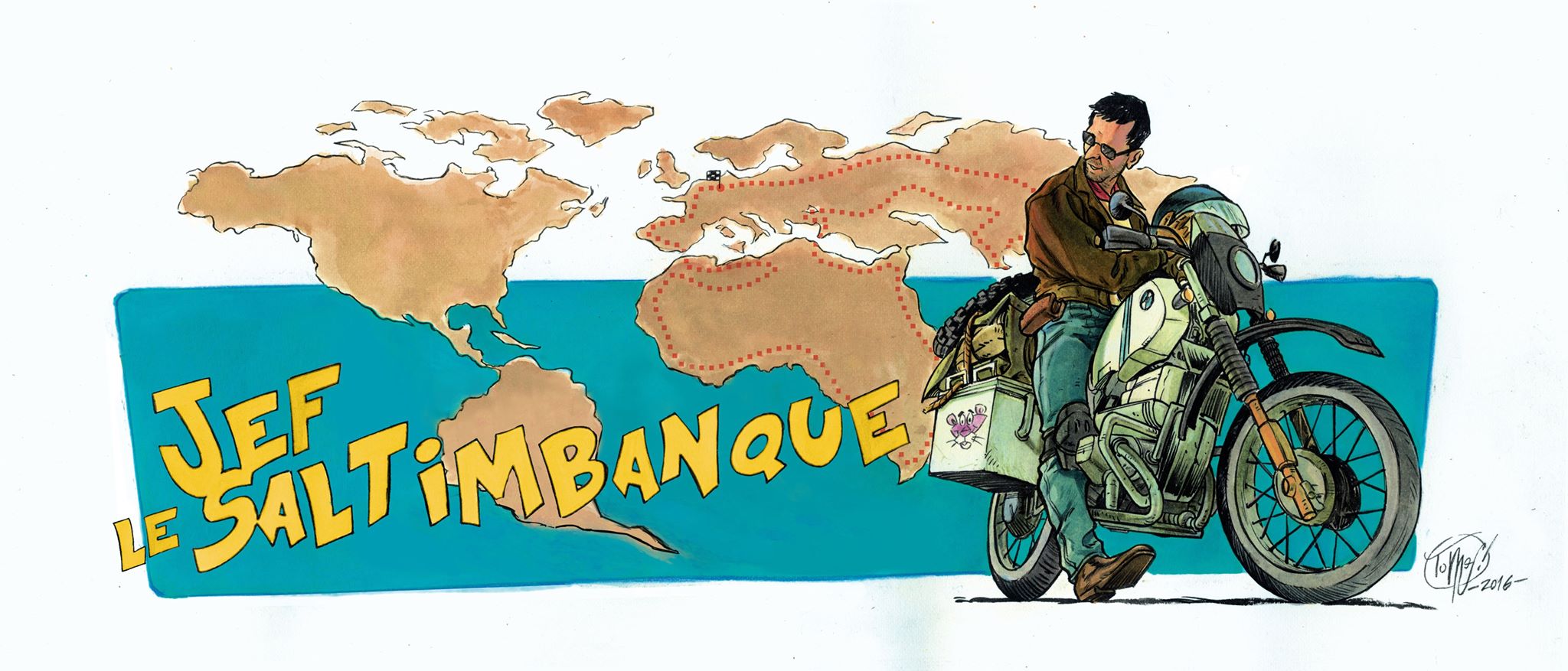
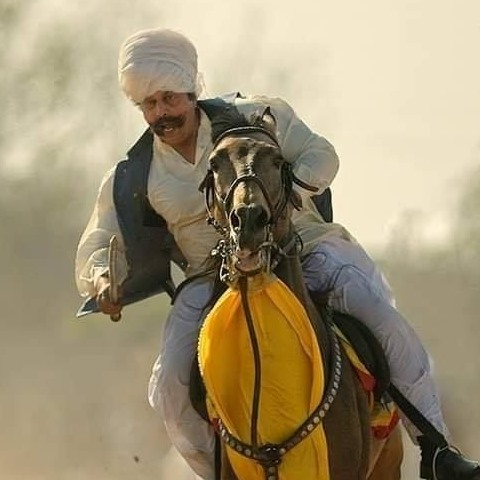
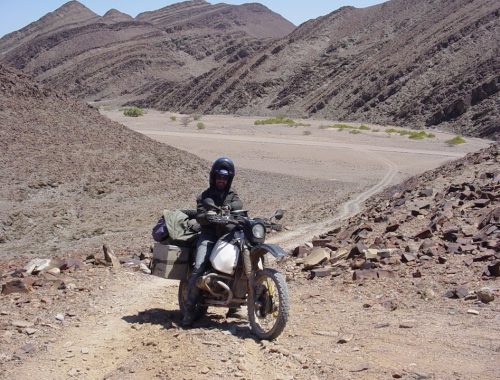
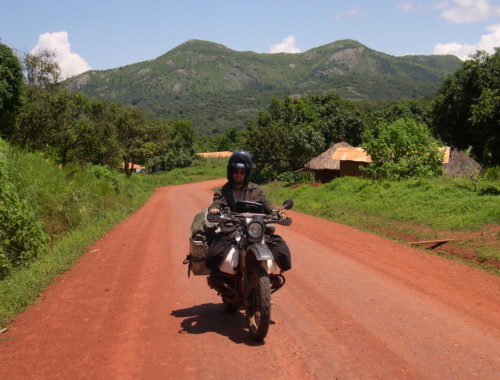
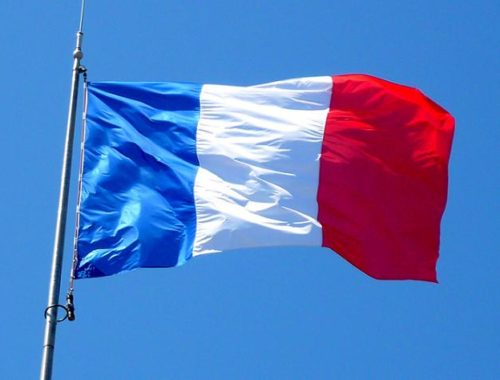
No Comments